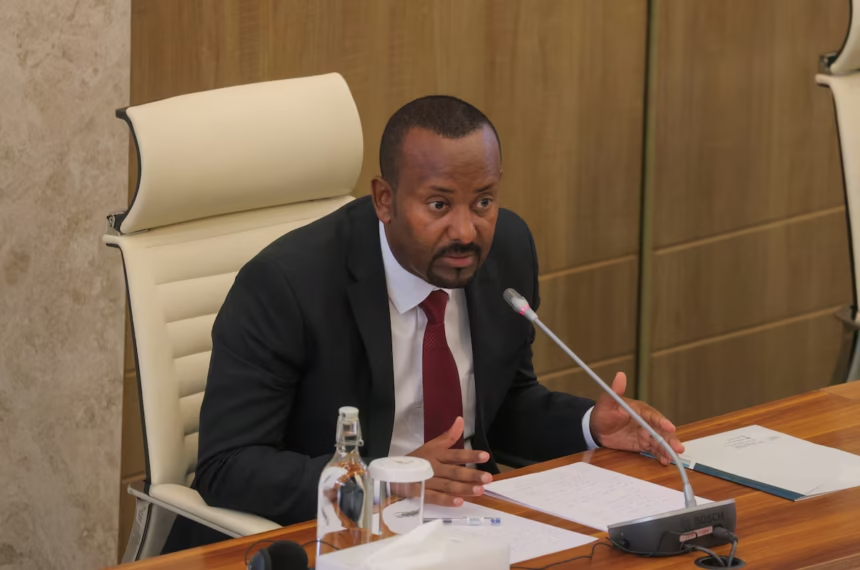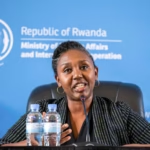Ethiopia has signed a partnership with Nigeria’s Dangote Group to build a $2.5 billion fertiliser plant in Gode, southeastern Ethiopia, Prime Minister Abiy Ahmed announced Thursday.
The facility will produce 3 million metric tons of fertiliser annually and is designed to reduce Africa’s reliance on imports while improving food security.
The agreement was signed between state-owned Ethiopian Investment Holdings (EIH) and Dangote Group. Under the deal, Dangote will hold a 60% stake, while EIH will retain 40%.
Aliko Dangote, Africa’s richest man, described the project as a reflection of a “shared vision to industrialise Africa and achieve food security across the continent.”
Africa imports more than 6 million metric tons of fertiliser each year, a dependence that drives up costs for farmers and exposes them to global supply shocks.
A report by Afreximbank showed that in 2021, Africa exported $8.9 billion worth of fertiliser — more than twice its import bill of $3.7 billion. North African countries, particularly Morocco and Egypt, accounted for more than 70% of those exports, underscoring the region’s central role in global supply chains.
That same year, 15 African countries were net exporters of fertiliser. However, major agricultural markets such as Ethiopia, Côte d’Ivoire, Zambia, Kenya and the Democratic Republic of the Congo remained heavily dependent on imports.
The new Ethiopian facility aims to address this imbalance by boosting local production and fostering greater intra-African trade in agricultural inputs.










